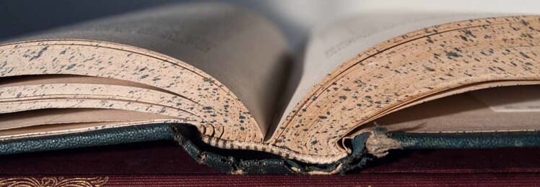Intellectual property refers to ideas, creations, inventions, and artistic works. You may have protected your works with a copyright, patent, or trademark, but have you considered what happens to those works when you die? How do you leave your works to those that you intend to have them?
There are multiple ways that your intellectual property can transfer to others:
- Don’t leave any instructions. Leaving no instructions at all means that you will die intestate. This means you did not prepare any legal documents with direction as to who should receive your intellectual property at your death. In this instance, the court will decide who gets legal title to your works through a process called intestate succession. The court often divides your property differently than you would have had you left your own instructions as to your wishes (for example, a surviving spouse will not automatically inherit all of your assets under intestate succession).
- Write a Last Will and Testament. You can write a Last Will and Testament and your intellectual property will be transferred through the court process called Probate. It is important that your will be written with the correct language required to gift intellectual property to the specific people that you want to receive those assets. If written incorrectly, your intellectual property may become part of your residuary estate and could be divided among your beneficiaries generally instead of according to your specific wishes.
- Transfer your works while alive. You can sell or gift your intellectual property while you are living. To successfully transfer your works, you must properly document the assignment, grant, or transfer using the required legal language. You should also consider recording the transfer with the appropriate government office (e.g., the United States Copyright Office) to establish a public record of the contents and the transfer of the property. It is important to consider the tax consequences of gifting or selling assets while you are living versus transferring them in death by other means.
- Utilize Trust Planning. You can assign your intellectual property to a trust that allows you to retain control of the assets while you are living and that specifies who will receive the benefit and ownership of your works after you die. The trust can avoid the need for court involvement in the future because the provisions of the trust agreement are already in place during your lifetime that provide the authority and direction that the courts would otherwise have to facilitate had you left no instructions at all or had you used a Last Will and Testament instead.
Would you like to talk about your specific intellectual property and learn how best to protect it? Schedule an appointment with Crain & Wooley.

